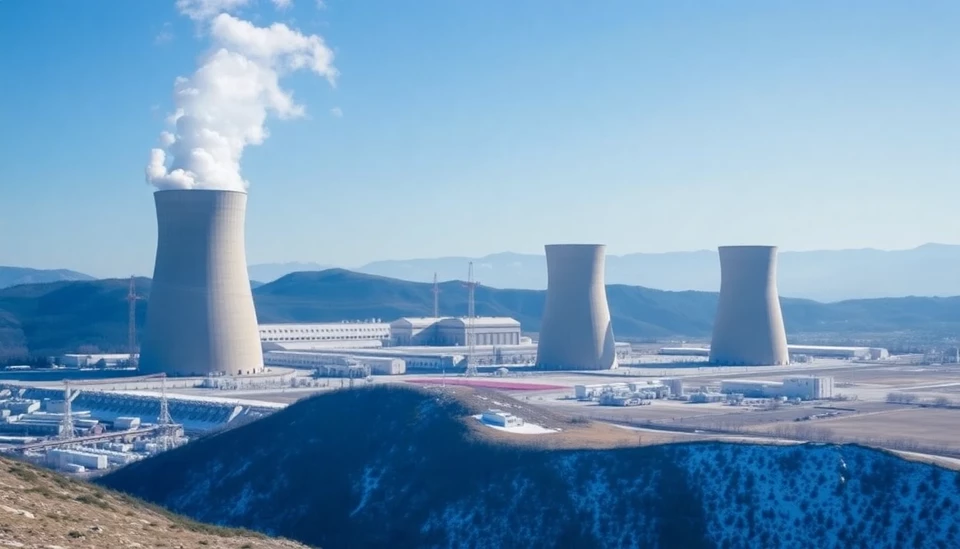
In a significant move within the energy sector, German energy company STEAG has announced the sale of its Isken coal power plant located in Turkey. This decision highlights a growing trend among energy companies to reassess their coal commitments in light of increasing regulatory pressures and a global shift towards cleaner energy sources.
The Isken power plant, which has been operational since 2015, was established as part of Turkey's efforts to boost its energy independence and diversify its energy mix. However, with the rising concerns over climate change and the urgent need to transition towards more sustainable energy solutions, STEAG's decision to sell reflects a broader industry shift away from coal-fired power generation.
Market analysts suggest that this divestment is aligned with STEAG's long-term strategy to focus on renewable energy projects. The company is under pressure from stakeholders to reduce its carbon footprint and enhance its portfolio with low-emission technologies. The sale of Isken, therefore, could be seen as a proactive step toward a more sustainable energy future.
Industry experts also note that the sale could have implications for Turkey's energy landscape. The Isken plant has been a critical part of the country’s energy supply, but as global financial institutions increasingly shun coal investments, the fate of such plants could be precarious. The transition to renewable sources is not just a necessity but a growing expectation from international investors and the public alike.
Despite the challenges posed by such a strategic shift, Turkey remains committed to expanding its renewable energy capabilities. The government has been actively incentivizing investments in solar, wind, and other clean energy projects, reflecting its goals of enhancing energy sustainability while minimizing environmental impacts.
As STEAG divests from coal, it will likely intensify its focus on hydrogen, solar, and wind energy, which represent the future of global energy solutions. The company aims to position itself as a leader in the renewable sector, tapping into the burgeoning market for clean energy technologies.
The implications of this sale go beyond corporate strategy; they resonate within the broader context of a global movement towards environmental responsibility and sustainability. Companies worldwide are reevaluating their business models as consumers increasingly demand cleaner and greener alternatives.
This transformative period in energy production signifies a crucial juncture where companies like STEAG lead the charge toward a greener economy, setting a precedent for others in the industry to follow. The eyes of the global community will be on how swiftly and effectively these shifts can be made, particularly in regions like Turkey that are in critical need of sustainable energy solutions.
As the dust settles from this sale, stakeholders will undoubtedly be watching closely to gauge the change in Turkey's energy mix and how former coal-heavy companies navigate this new landscape. The outcome will be pivotal in determining the momentum of the clean energy transition across Europe and beyond.
#STEAG #CoalPower #TurkeyEnergy #RenewableEnergy #Sustainability #EnergyTransition
Author: Samuel Brooks
